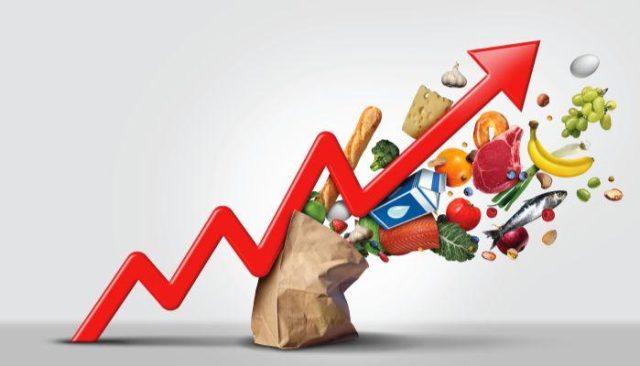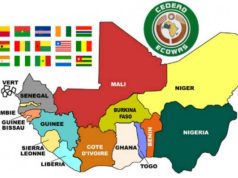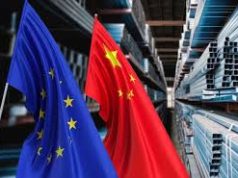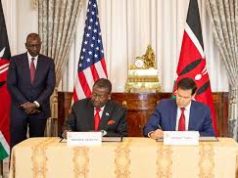Members of Nigeria’s Organised Private Sector (OPS) have raised concerns that the recent rise in inflation could derail hopes for a reduction in the country’s high interest rate. According to the National Bureau of Statistics (NBS) , headline inflation climbed to 24.23% in March 2025 , up from 23.18% in February , marking the first uptick since the Consumer Price Index was rebased in January.
The OPS, including groups like the Manufacturers Association of Nigeria (MAN) and Lagos Chamber of Commerce and Industry (LCCI) , had previously urged the Central Bank of Nigeria (CBN) to signal economic growth by lowering the benchmark interest rate, which has remained at 27.5% —one of the highest globally. However, the rising inflation trend threatens this possibility.
Impact on Businesses
Segun Ajayi-Kadir , Director-General of MAN, highlighted the burden of high lending rates on manufacturers. “In 2024, commercial bank lending rates surged to 35.5% , driven by continuous CBN rate hikes. This increased manufacturers’ finance costs to N1.3 trillion , stifling investment and expansion,” he stated.
Similarly, Gabriel Idahosa , LCCI President, warned that persistently high inflation dims prospects for an interest rate cut. He pointed to global trade disruptions and currency depreciation as compounding factors driving inflation, particularly in food, energy, and logistics costs.
Calls for Urgent Reforms
To address these challenges, stakeholders emphasize the need for comprehensive reforms. The LCCI urged the government to intensify efforts to boost agricultural production by improving infrastructure and declaring a national emergency on food security .
Dr. Femi Egbesola , President of the Association of Small Business Owners of Nigeria (ASBON) , stressed the threat inflation poses to small and medium enterprises (SMEs). “Rising inflation erodes purchasing power, increases raw material costs, and compresses profit margins, making long-term planning nearly impossible,” he said.
Egbesola called for aligned monetary and fiscal policies, stable exchange rates, reduced energy costs, and targeted support such as low-interest financing for SMEs.
Key Drivers of Inflation
Dr. Muda Yusuf , Director of the Centre for the Promotion of Private Enterprise (CPPE) , identified high energy costs , forex volatility , and insecurity as major inflation drivers. “Erratic power supply forces businesses to rely on expensive alternatives, while naira depreciation incentivizes food exports over local sales,” he explained.
Yusuf recommended reforms across the power and oil sectors, urging increased domestic refining capacity, improved forex earnings, and measures to curb energy theft. He also advocated a moderate review of electricity tariffs to ensure sector liquidity while balancing affordability for citizens and industries.
Follow us on Instagram.
https://www.instagram.com/businessnewsng?igsh=ZXpweTdjOGF1ZXdu

























